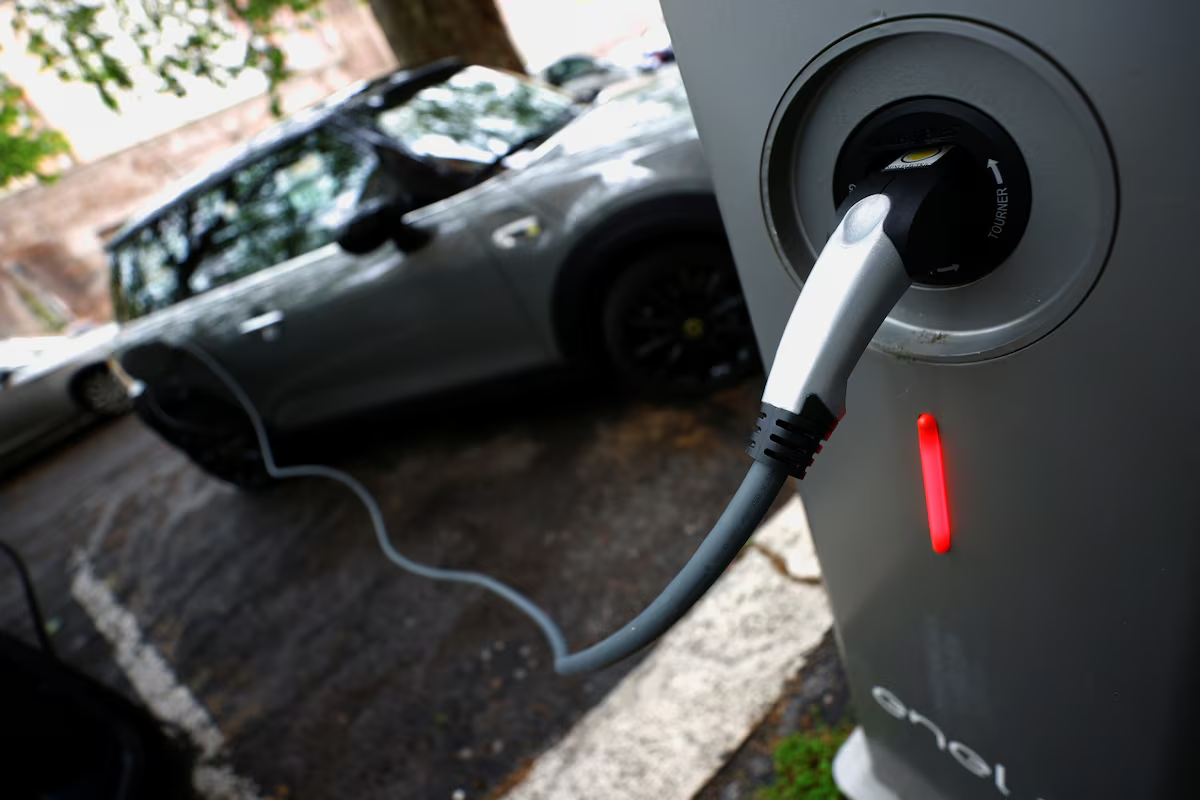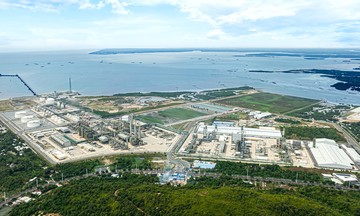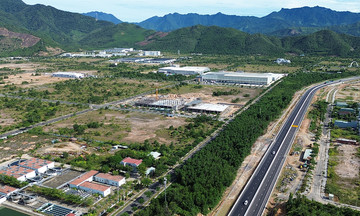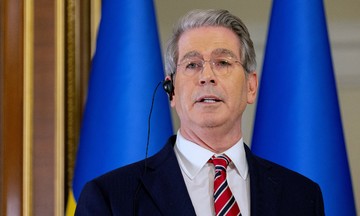The Italian Ministry of Environment and Energy announced the program on 8/8. The subsidies are part of a new nearly €600 million (approximately $700 million USD) package to encourage electric vehicle purchases.
 |
An electric car charges in Rome, Italy, on 28/4/2021. Photo: Reuters |
An electric car charges in Rome, Italy, on 28/4/2021. Photo: Reuters
This initiative aims to boost electric vehicle adoption amid declining sales. The government is offering up to €10,000 (about $11,650 USD) to individuals and up to €20,000 ($23,000 USD) to small businesses in major urban areas. The subsidy will cover a maximum of 30% of the price of a new electric car or commercial vehicle.
Focusing on major urban areas aims to reduce pollution and improve air quality in these densely populated regions. The subsidy program will be funded through the European Union's (EU) post-Covid recovery fund.
To qualify, individuals and small businesses must scrap a gasoline or diesel vehicle with emissions below the Euro 5 standard, manufactured before 2015.
The electric vehicle sector faces challenges in Europe, the world's second-largest market, due to high prices and a lack of charging stations. According to a Shell survey of 15,000 drivers worldwide published two months ago, cost is the primary barrier to electric vehicle adoption. Hesitation to switch to electric vehicles is particularly high in Europe, at 41%. Furthermore, the pace of improvement in the charging experience in the region remains slow. Only 17% of European drivers surveyed felt that public charging stations offered value for money, a significantly lower percentage than the 69% in China and 71% in the US.
Electric vehicle sales remain low. In Italy, battery-powered cars accounted for only 6% of new car sales in June, less than half the EU average.
Next year, the EU is scheduled to review its ban on new gasoline and diesel car sales from 2035. The EU is facing significant pressure from the auto industry and some national governments to slow the transition to electric vehicles.
Bao Bao (Reuters)












